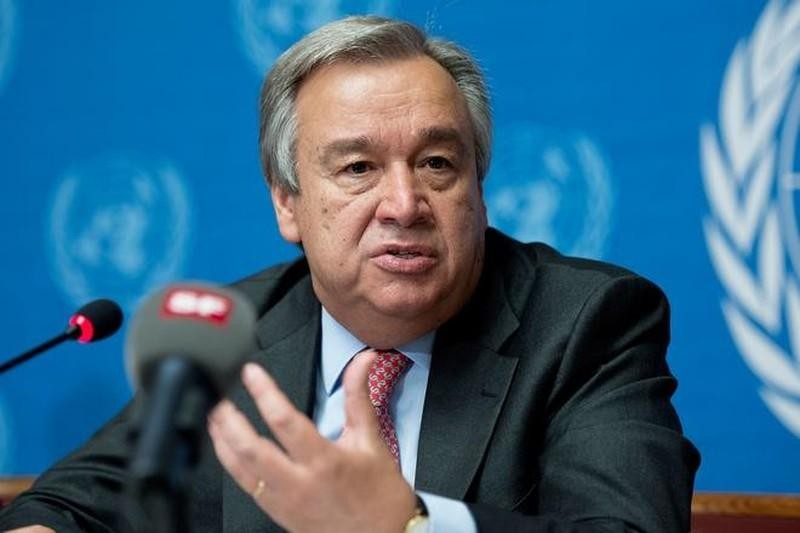United Nations Secretary-General Antonio Guterres stressed that developed economies are responsible for the majority of greenhouse gas emissions throughout their history.

United Nations Secretary-General Antonio Guterres called on developed countries to effectively support developing countries to promote resilience and adaptation to climate change. (Photo: UN/CPV)
He called on developed countries to effectively support developing countries to promote resilience and adaptation to climate change. The responsibility of developed economies is clear, and the head of the UN insisted that this is not a matter of solidarity or generosity, it is a matter of justice.
The statement was made by Antonio Guterres at a press conference in the southern port city of Karachi during his visit to flood-affected areas. The UN Secretary-General stated that the impacts of emissions are skyrocketing and people who are living in vulnerable conditions caused by climate change, including those living in the South Asian countries, are now 15 times more likely to die from climate impacts. An alarming number is that almost half of the people in the world are in this group, with the majority coming from developing countries.
COVID-19 pandemic combined with climate change has sharply increased poverty in the world. In the context of extreme weather phenomena causing severe damage to many countries, especially poor countries, the United Nations Secretary-General has called on the international community to establish a new mechanism for debt relief for countries affected by climate change.
In addition, he also expressed his support for the establishment of a debt swap mechanism. Accordingly, instead of paying the debt to the creditors, a country can use that money to strengthen its resilience, build sustainable infrastructure, and invest in the green transition of economies.
The 27th Conference of the Parties to the UN United Nations Framework Convention on Climate Change (UNFCC COP27) is scheduled to take place in November in Egypt, Africa, which has been heavily affected by climate change. African leaders said this continent is not the main driver of climate change with its contribution of global greenhouse gas emissions at just 4%.
However, Africa is currently one of the places bearing the heaviest impacts of global climate change. It is estimated that the climate’s effects may cause African countries to lose 50 billion USD per year by 2030. COP27 is expected to act as a forum for African leaders to warn about one of the biggest challenges facing the planet today as well as to mobilise more international support for ecological restoration of the “black continent”. COP27 will also consider mobilising finance to help the most vulnerable countries reduce greenhouse gas emissions.
African leaders are urging developed countries to fulfil their pledge to double funding for the green transition, especially for Africa. The continent will need 2 trillion USD to tackle the energy transition by 2030. Africa called for a reduction in borrowing costs for green projects while stressing the decisive role of international financial institutions and multilateral development banks.
The President of African Development Bank warned that the continent’s financial demand for adaptation to climate change has never been so high and Africa cannot wait any longer. Many poor countries in the world also raised their voice to ask rich and polluting countries to increase investment in climate change adaptation projects and compensate for damage related to climate change. It is expected that these will be the main topics of COP27.
While rich countries are making efforts to achieve their carbon neutrality goals, their help for poor countries to respond to and adapt to climate change is among the important tasks and the irrevocable responsibilities of the “rich”.
My Van